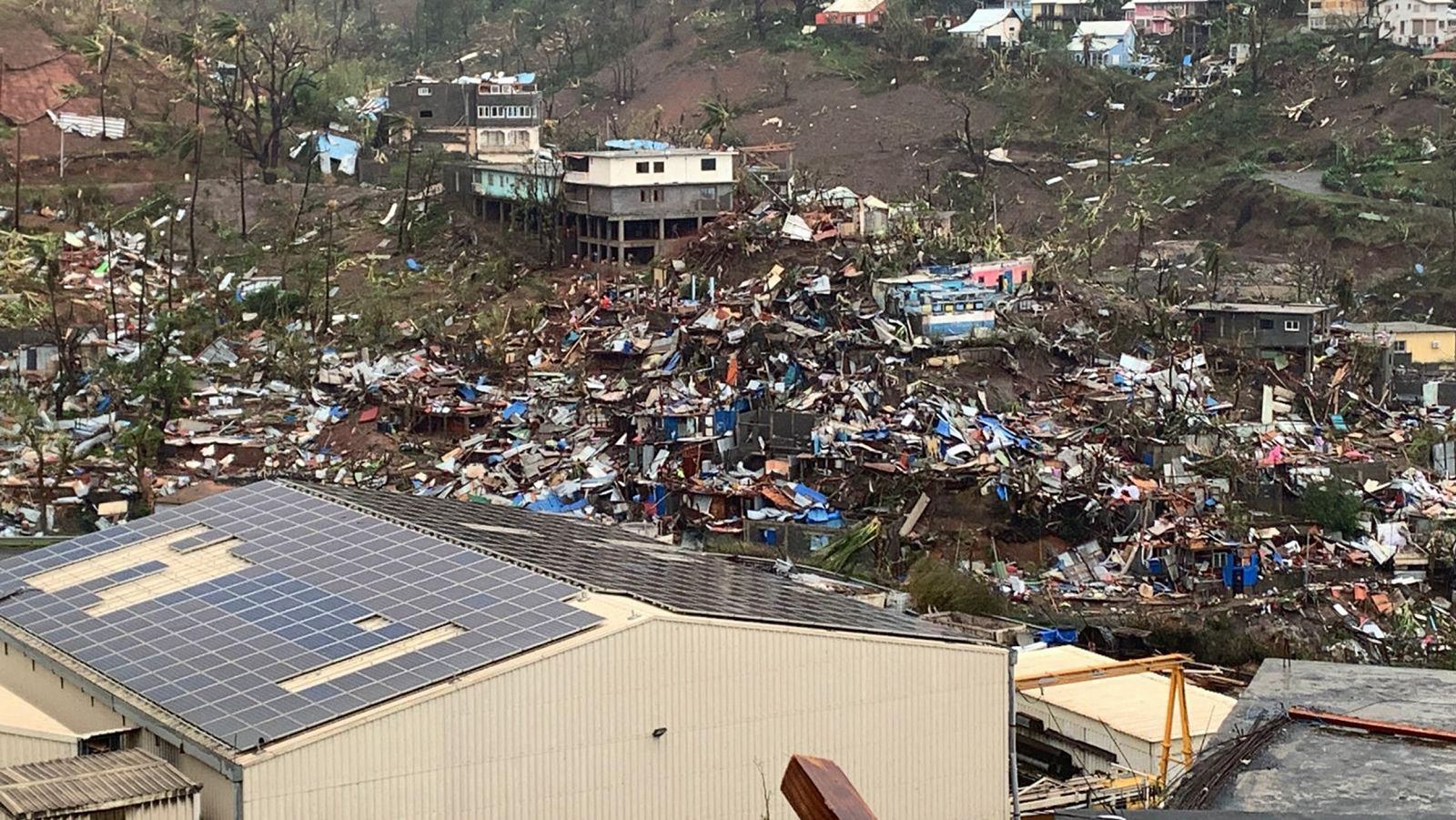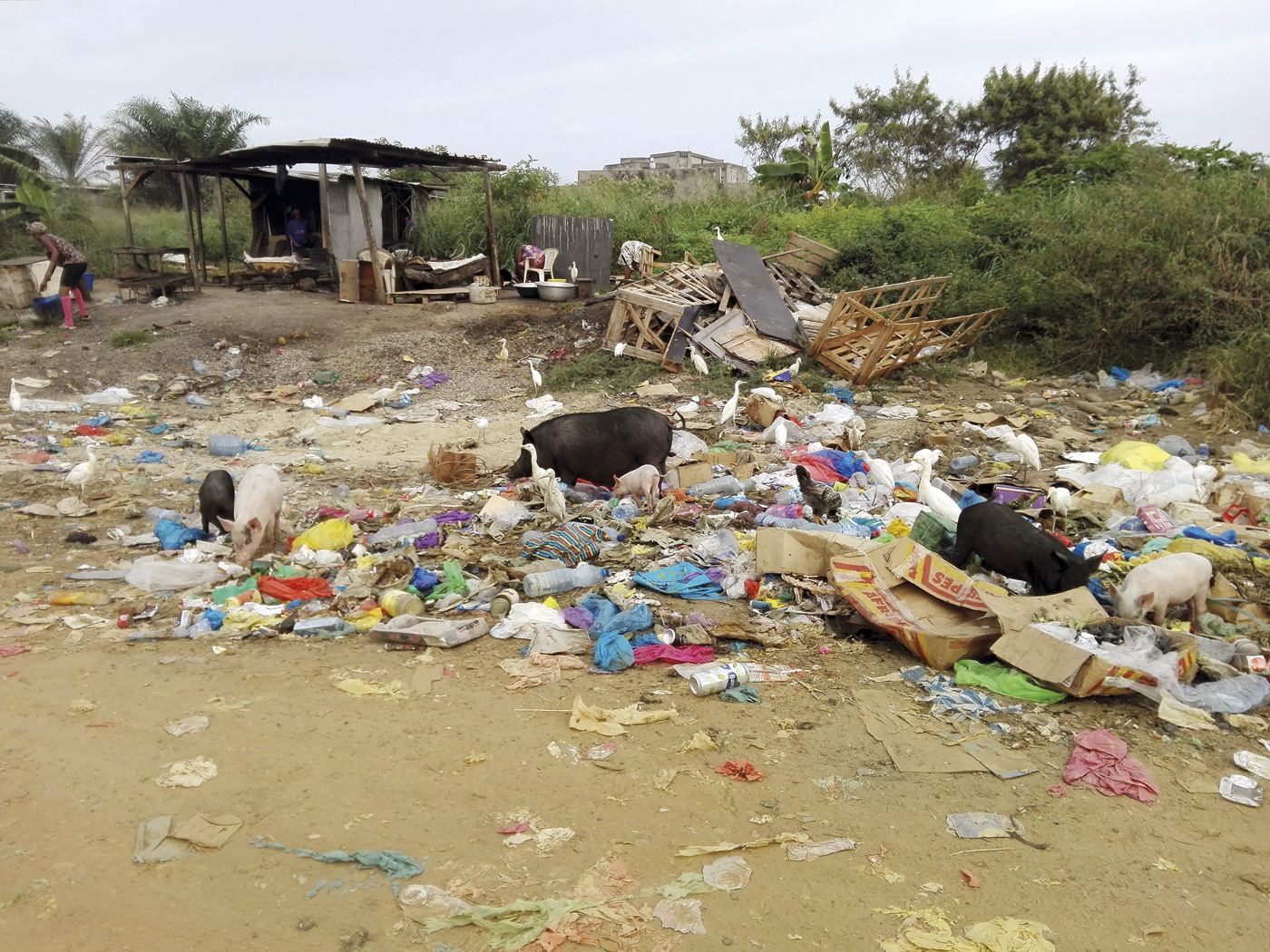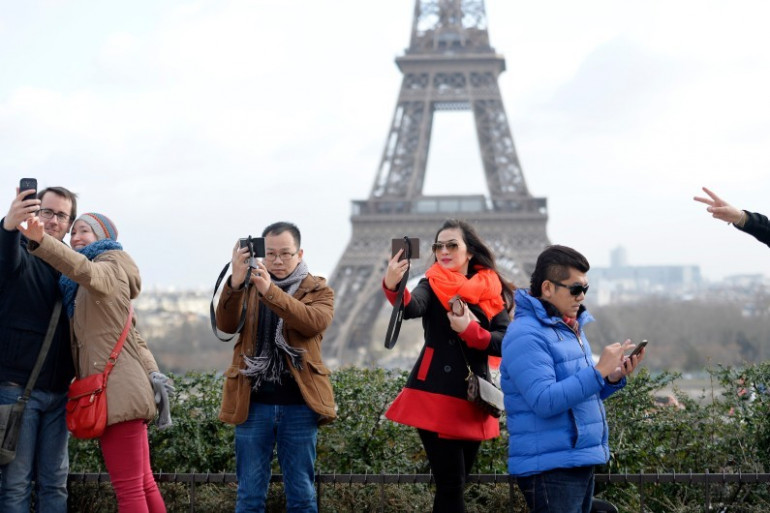Why be ashamed of flying if it's cheaper than taking the train?
- More and more Swedish travellers are choosing the train instead of the plane, concerned about the climate crisis, trying to reduce their CO2 emissions into the atmosphere. It is also happening beyond Sweden: in Swedish what they call flygskam they say in English flight-shame, in Dutch vliegschaamte, in German flugscham... If you come to the Basque Country, you're embarrassed to fly. But how ashamed is it to fly, from Baiona to Paris – think further... – if you’re getting cheaper by plane than by train?

Greta Thunberg, who has long been shocked by young Europeans, returned to his Swedish house on 25 April with an 11 day tour of Europe. It landed at the central station in Stockholm and not at the airport, as the whole trip had taken place by train: from 14 April, a talk in the European Parliament in Strasbourg on 16, in Rome on 17 to 18 and in the Vatican seeing Pope Francis, in London on 21 to 23, those of Extinction Rebellion and 25 at home.
Thunberg is not the only one who took the train from Marseille giving up his plane. The English BBC tells the stories of families who have chosen to travel by train from Sweden to Andalusia, Spain. As in other countries, many citizens in Sweden feel the shame of flying, even though they know that it affects climate change so much, from feeling guilty of having taken the plane.
Travellers change their customs and travel by train, proudly claiming on social networks. The Facebook page has expanded this year from 4,000 to 77,000 followers, according to the BBC. The citizens’ conversations mention the shame of flying [flygskam], the pride of the train [tagskryt] and taking the plane in hiding [smygflyga], fraud.
For the first time in recent years flights in Sweden have been reduced, with the tradition of travelling in winter to distant foreign destinations in search of sun, 378,000 less than last year in the first three months of 2019, according to experts, as witnesses to the awareness of the climate crisis that has spread among its inhabitants. It seems that the Swedes have particularly noticed the first effects of rising temperatures, such as changes in the rhythms of nature, in people’s everyday lives, and have decided to make some personal sacrifices, whether by traveling less or choosing a more expensive train to travel.
Several experts have long complained that aircraft damage to pollution and the climate crisis is well below official estimates. On the web Berritan The Conversation, the university student Aurelien Bigo writes the following: “A plane trip pollutes 1,500 times more than a train trip.” Provides explanatory details.
For comparison of means of transport, the quantity of CO2 per kilometre emitted by each of them is calculated.
According to that, the plane is the most polluting, the car is almost the same level and both increase train pollution by 45. But given that the plane can travel very long distances at the same time as it is, shouldn't we take care of another factor?
Let's calculate it at the time of the trip. If a Basque is prepared to reach the peace zone for 10 hours, he will be able to drive through Spain or France, but if he takes a plane to the whole continent. In Bigo's calculations, on an airplane trip, one citizen emits 125 times more CO2 than another by car and 1,500 more than the traveler by train. What to see is not just kilometric comparisons.
Pollution and tax donations
But is it worthwhile for citizens to worry about flying to London or Barcelona on a weekend of their dreams, if not the vehicle that represents more than 0.8% of the CO2 emissions that produce climate change in official estimates? This is data from France, please do not ask the statistics of the Basque Country that does not exist. If the United Nations Climate Assembly does not count sea and air transport, why frighten the citizen?
The fact is that, according to Bigo, 1.5% of the planet’s CO2 emissions – 4.4% of the emissions in France, the Basques will not walk behind – if international flights are included in the calculations, it is not pollution to be despised. But in addition, CO2 is not only a part of the pollution of aircraft, but more gases and oxides of nitrogen NOx, which are very harmful to the climate, which are emissions in very high layers of the atmosphere, which lead us to multiply by two.
However, the International Air Transport Association (IATA) expects passenger traffic to double by 2050. The number of passengers will increase by 3.5% each year, but the flight industry will improve energy efficiency every year... 1.5%. In this way, the climate crisis could not be relieved.
Increasing the pollution of EU aircraft can serve as a measure of industrial success: Between 1990 and 2014 it has increased by 110%. "How do you understand this success of the plane? ", asked Olivier Mary in the analysis "Les avions ne payent pas d'impôts mais polluent au maximum" published in the journal Reporterre. “It’s easy: thanks to the privileges accumulated over the years by the aeronautical industry. On the one hand the tax advantages and on the other the CO2 quota system, the sector lives at the best time.”
Airline success is based on the 1944 Chicago Treaty, in which states agreed that international flight kerosene should not be taxed. This derogation was subsequently extended to domestic flight fuel, making kerosene the only tax-free fossil fuel.
The European Union (EU) has thus lost EUR 10 billion a year in uncollected taxes, according to Community estimates. But as if it were not enough, the flight industry has also brought gold to the climate change strategy: As for the figures for 2012, Mary claims that they earned between EUR 700 million and EUR 1.36 million on the CO2 quota market.
There are more advantages that, before starting to work, have led many young Europeans to travel to Cancun, except New York or Bali, making aeroplanes an increasingly common means of transport, gaining in prices to less harmful means of transport.
On the one hand, however, subsidised competition for aircraft and buses, and on the other hand, diverted investments for the new TAV, the classic rail networks are falling. Today, if you have tried to cross Europe by train despite paying more expensive, you also have to see the best routes and times. Esnobism, obstinacy or peaceful resistance? Those who feel Flygskam, the Swedes who are damaged by the plane, are helping on social media to overcome the difficulties and organise train journeys.
There was no one or all. That we all suffer at least if the necessary changes are not made so that no one suffers the climate emergency. You – reader – I – Jenofá-, they – poor – and they – rich. The fires in Los Angeles did not give me satisfaction, but a sense of... [+]
The understanding and interpretation of the mathematical language is what is important in the learning process, at least it is what we say to our students. The language of mathematics is universal, and in general, the margin of error for interpretation tends to be small. We... [+]
Recently, when asked what the climate emergency consisted of, a scientist gave the excellent answer: “Look, the climate emergency is this, you increasingly see on your mobile more videos related to extreme weather events, and when you realize, it’s you who are recording one... [+]
In recent weeks it has not been possible for those of us who work in architecture that the climate phenomenon of Valencia has not been translated into our work discourse. Because we need to think about and design the path of water in decks, sewers, plazas and building parks. We... [+]









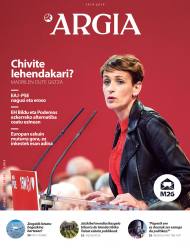

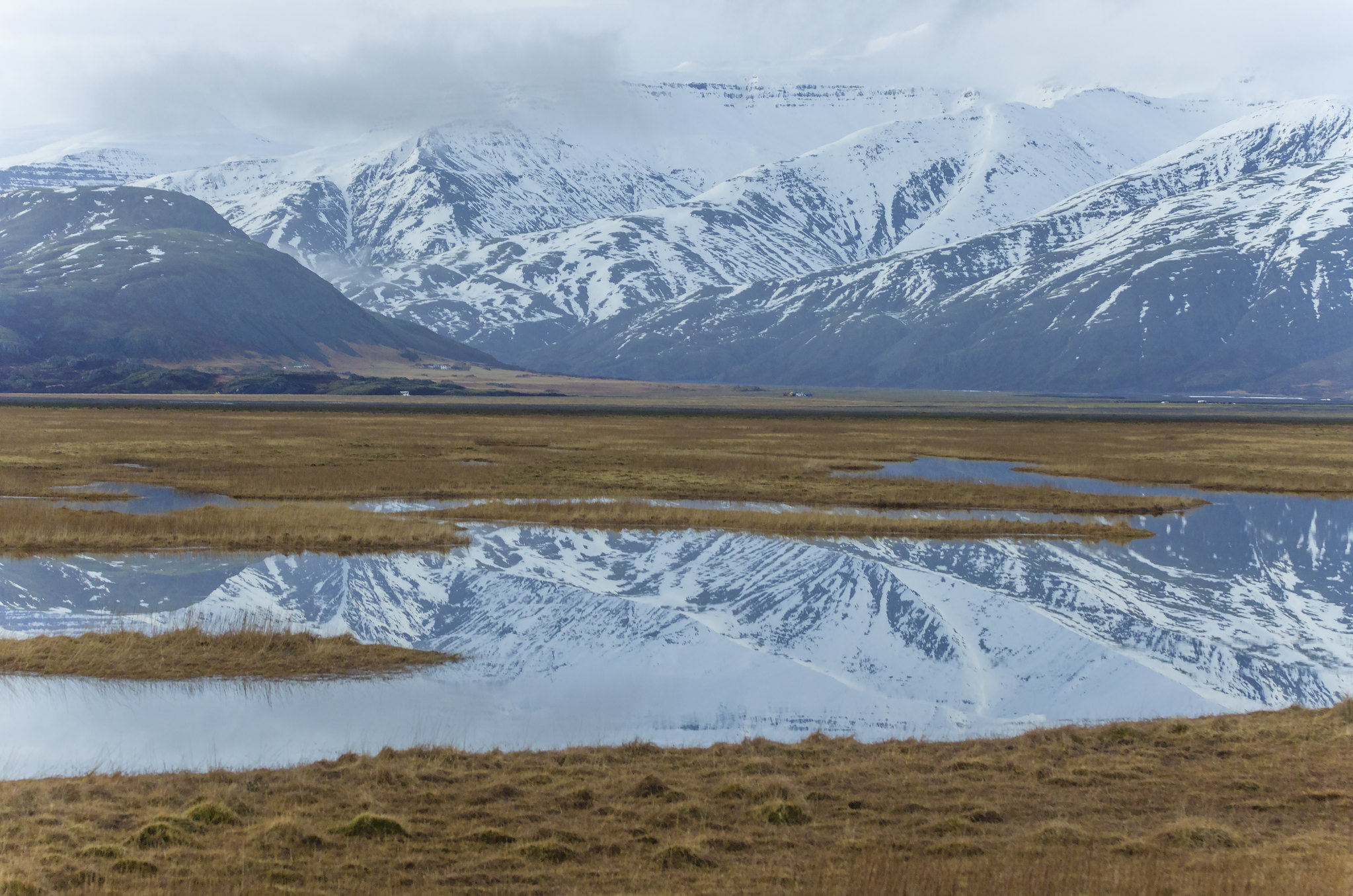
-(1).jpg)




